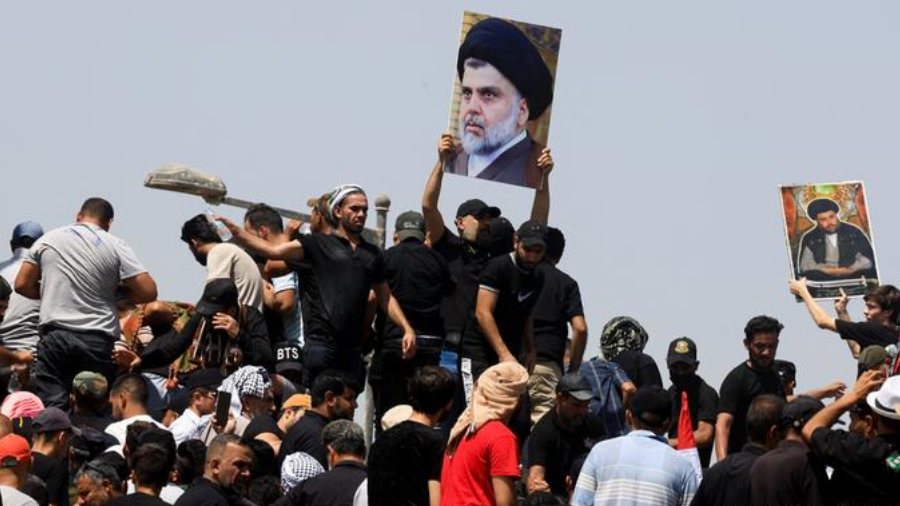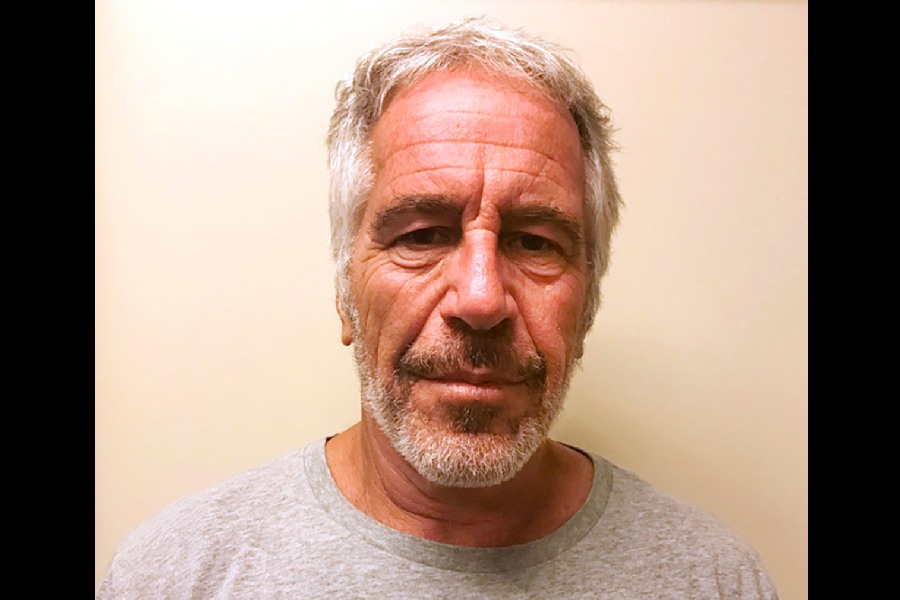Thousands of demonstrators forced their way into Iraq's parliament on Saturday in Baghdad's Green Zone.
Followers of Shiite cleric Moqtada al-Sadr are demonstrating over the formation of the next government, involving Iran-backed political groups. A parliamentary session that was due to be held did not take place and there were no lawmakers in the hall.
"We came today to remove the corrupt political class and prevent them from holding a parliament session, and to prevent the Framework from forming a government,'' Raad Thabet told the Associated Press news agency.
"We responded to al-Sadr's call. We will go to the Green (Zone). No matter the cost," Thabet said.
The second breach of Iraq's parliament
Iraqi security forces used tear gas and stun grenades in an effort to disperse the crowds. Several police officers were hurt as stones were thrown, according to police.
A witness told Reuters news agency that protesters had managed to tear down concrete barriers before entering the city's Green Zone which houses government buildings and various diplomatic missions.
It's the second time in the space of a week that crowds of protesters have managed to breach the country's parliamentary building. On Wednesday, hundreds of demonstrators forced their way into the building voicing opposition to the nomination of Mohammed al-Sudani for the office of prime minister.
Iraq's political crisis
Political parties have failed to reach agreement on the selection of a national leader since the elections in October last year. It's the longest period the Middle Eastern country has gone through without an official prime minister.
Al-Sadr's bloc won the most seats in the election, but talks with other parties stalled as Kurdish and Shiite lawmakers failed to reach an agreement.
While al-Sadr and his supporters are Shiite, they oppose other Shiite parties with strong connections to Iran, such as al-Sudani's Coordination Framework bloc.










